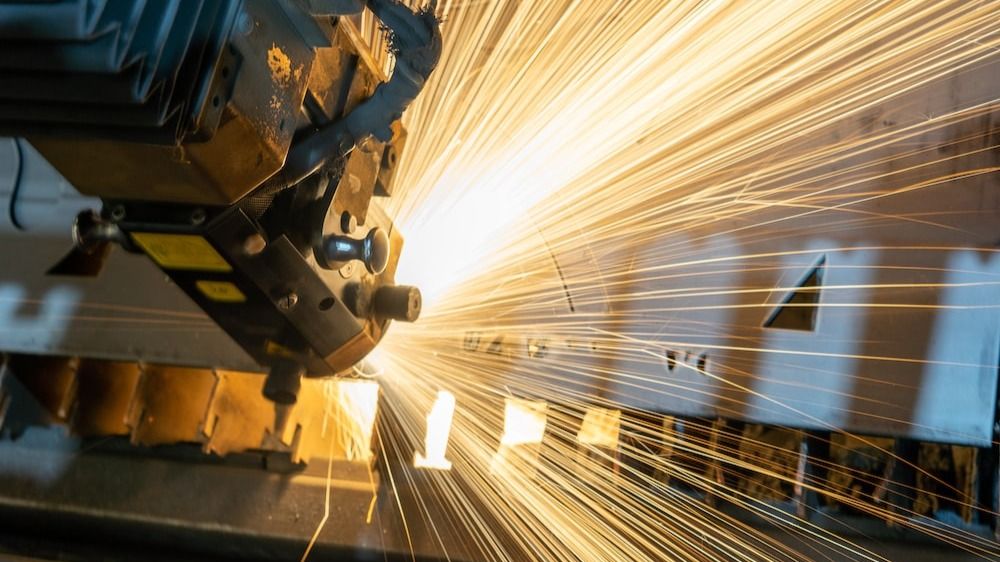Japan’s factory activity contracted at a slower pace in August as output and new orders picked up, a private sector survey showed on Monday, offering some hope for an economy that is just beginning to find its feet.
The Japanese manufacturing purchasing managers’ index (PMI) compiled by Jibun Bank rose to 49.8 in August from 49.1 in July, up from 49.5 in the preliminary reading. It remained below the 50.0 threshold that separates growth from contraction for two consecutive months.
“The headline reading came close to stabilizing during August amid a renewed rise in output and a softer decline in new orders,” said Usamah Bhatti of S&P Global Market Intelligence.
The production subindex expanded in August to its highest level since May 2022, reversing a contraction in July. A recovery in new orders and mass production of new products helped boost output.
New orders fell slightly due to weak demand in domestic and overseas markets, but the pace of decline slowed from July. Some companies also cited excess inventory and low customer investment.
Sluggish demand from key export markets such as China and South Korea weighed on new exports, which contracted to the lowest level in five months.
Weaker external demand is a concern for policymakers, but a recovery in consumption has given the economy a boost, underpinning expectations that the Bank of Japan will continue to raise interest rates as it emerges from a massive decade-long stimulus program.
The PMI showed input prices rose to the highest level since April 2023 as the weaker yen and higher commodity prices boosted inflation, a topic closely watched by policymakers amid pressure on households from rising living costs.
Companies increased exit fees to customers, albeit at the slowest pace since June 2021.
“Price data remained stubbornly high in August, providing further evidence that inflation is picking up amid reports of a broad-based rise in input prices,” Bhatti said.
Still, companies remain confident about their business prospects, with manufacturers expecting rising sales and demand in sectors such as autos and semiconductors.
Others also see a broad recovery in demand and economic growth, a hopeful sign for BOJ policymakers as they chart the monetary course over the next year.
Disclaimer:
The information contained in this post is for general information purposes only. We make no representations or warranties of any kind, express or implied, about the completeness, accuracy, reliability, suitability or availability with respect to the website or the information, products, services, or related graphics contained on the post for any purpose.
We respect the intellectual property rights of content creators. If you are the owner of any material featured on our website and have concerns about its use, please contact us. We are committed to addressing any copyright issues promptly and will remove any material within 2 days of receiving a request from the rightful owner.

